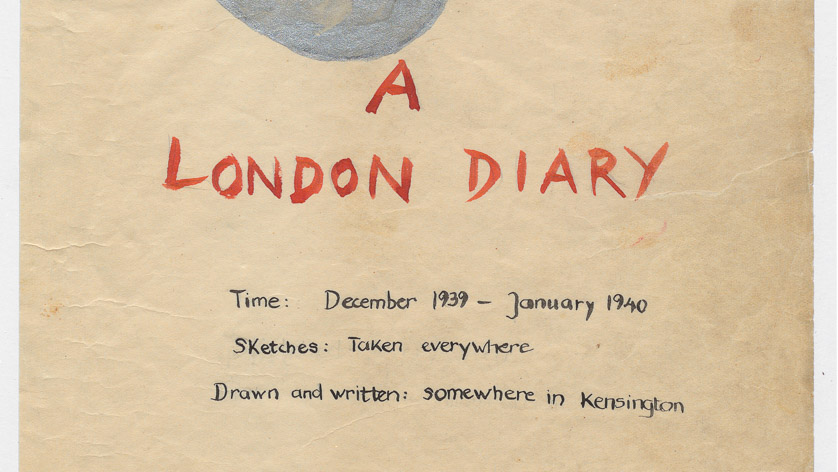News from the exile collections

Pre-mortem legacy of politologist John G. Stoessinger in the German Exile Archive 1933-1945
Pagination
Content
- Dr. Vincent C. Frank Steiner (1930–2025) – In memoriam
- Hans Günter Flieg (1923–2024) – in memoriam
- Dr. Ruth K. Westheimer (1928–2024) – in memoriam
- Guy Stern (1922–2023) – in memoriam
- Trude Simonsohn (1921-2022) – in memoriam
- “Child Emigration from Frankfurt am Main. Stories of rescue, loss and remembrance”
- Questionnaires as a source for researching German-speaking exile – using Alfred Kantorowicz as an example
- Professor Dr. John M. Spalek (1928-2021) in memoriam
- Lieselotte Maas (1937-2020) – In memoriam
- Ruth Klüger (1931-2020) – in memoriam
- "What should I cook?" Recipes from the German Exile Archive 1933-1945
- Hellmut Stern (1928-2020) - In memoriam
- Thomas Mann: German listeners! – listening station on the topic of exile outside our Frankfurt building
- Publication of exhibition catalogue “Exile. Experience and Testimony”
- Focusing on the topic of exile – the history magazine "Damals" ("Yesteryear") is published in collaboration with the German Exile Archive 1933–1945
- Dora Schindel (1915–2018) – In memoriam
- Werner Berthold (1921–2017) – In memoriam
- Rolf Kralovitz (1925 - 2015) – In memoriam
- Buddy Elias – In memoriam
- Arts in Exile – virtual exhibition and network
- Brigitte Kralovitz-Meckauer (1925–2014) – in memoriam
- Ludwig Werner Kahn - 100th birthday
- Goethe Medal and honorary membership of the Gesellschaft für Exilforschung e.V. awarded to Professor John M. Spalek
- "Nestor of German finance" - Fritz Neumark's 110th birthday
- Book donation for the German National Library
- "A prisoner of Stalin and Hitler" - 20 years since the death of Margarete Buber-Neumann
- The founder of futurology – the 100th birthday of Ossip K. Flechtheim
- On the death of lyricist Emma Kann
- Nestor of exile research 1933–1945 in the USA - the 80th birthday of Prof. Dr. John M. Spalek
- Pre-mortem legacy of politologist John G. Stoessinger in the German Exile Archive 1933-1945
- Lili Cassel Wronker: A London Diary, 1939-1940
- Chronicler of her century – 90th birthday of Anja Lundholm
- Reichsausbürgerungskartei
- Hans Gustav Güterbock
- Geneviève Pitot: The Mauritian-Shekel
Last changes:
11.03.2025


